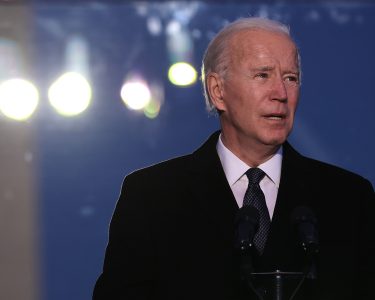The role of race and identity has always been a complex and often contentious issue in American politics. From the earliest days of the Republic, issues of race, ethnicity, and identity have been central to debates about citizenship, equality, and the role of government. Today, these issues continue to play a major role in shaping our political discourse, as we confront the ongoing challenges of racism, discrimination, and inequality.
At the heart of the debate about race and identity in American politics is the question of who we are as a nation, and what values we share. For many, the American ideal is one of inclusion, diversity, and equality, in which all individuals are valued and respected regardless of their race, ethnicity, or background. But for others, this ideal is threatened by efforts to promote diversity and inclusion, which are seen as a threat to traditional American values and culture.
This tension has played out in a number of ways in recent years, from debates about immigration and refugee policy to controversies over affirmative action and voting rights. One of the most visible examples of this tension is the rise of identity politics, in which individuals and groups organize around specific issues related to their race, gender, sexuality, or other identity markers.
On one hand, identity politics can be a powerful tool for promoting social justice and equality, by giving voice to marginalized communities and highlighting the ways in which structural inequalities have impacted their lives. But on the other hand, some critics argue that identity politics can be divisive, and that it risks pitting different groups against one another in a competition for resources and political power.
Despite these debates, there is little doubt that issues of race and identity will continue to shape American politics in the years to come. From the ongoing struggle for racial justice and equity, to debates about the future of the nation’s immigration system, the challenges we face as a society demand that we confront these issues head-on and work together to find solutions that reflect our shared values and aspirations.
At the same time, it is clear that these challenges will not be easy to overcome. The legacy of racism and discrimination runs deep in American society, and overcoming it will require a sustained and collective effort. But with determination, courage, and a commitment to working together, we can build a better, more inclusive future for all Americans, regardless of their race, ethnicity, or identity.




